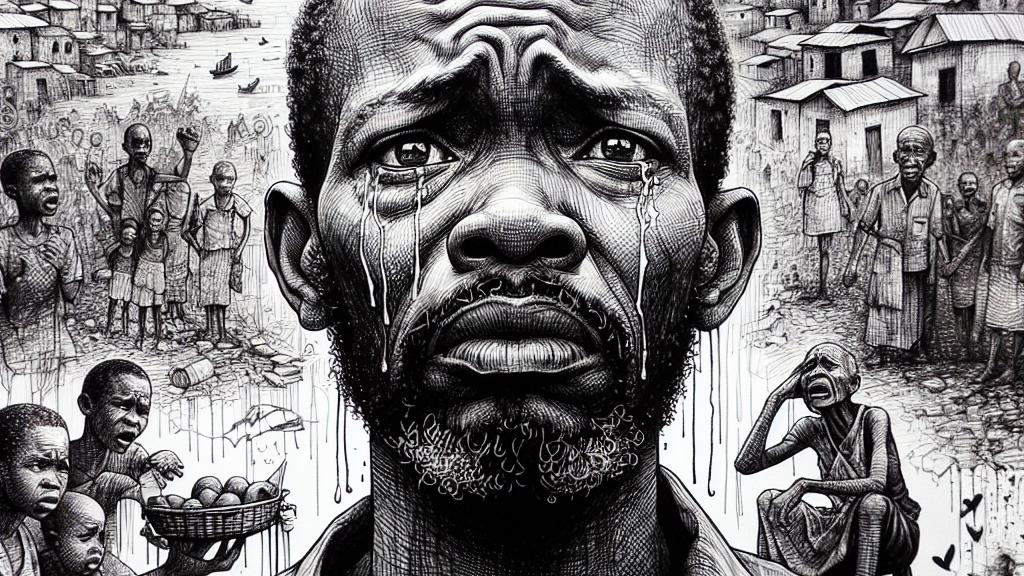Haitians Voice Despair Amid UN Discussions on Gang Violence
Overview
- Haiti is engulfed in a serious crisis, with rampant gang violence paralyzing daily life.
- The recent UN discussions underscored a profound sense of hopelessness among the Haitian people.
- Historical failures create a pervasive skepticism about any future international interventions.

The Escalating Crisis in Haiti
In the heart of the Caribbean, Haiti's situation has taken a dire turn, spiraling into chaos due to uncontrolled gang violence. Since the tragic assassination of President Jovenel Moïse in 2021, gangs have infiltrated virtually every aspect of life, currently controlling about 80% of Port-au-Prince. This alarming statistic is not just a number; it reflects a painful reality for citizens like Mario Canteve, a 39-year-old vendor. Canteve openly shares his frustration, stating, "No one is coming to save Haiti. Nothing is changing." This sentiment reverberates through the streets, where fear and uncertainty loom over daily activities, crippling the hopes of a generation longing for safety and stability.
Skepticism Towards International Responses
At a recent United Nations summit, world leaders deliberated potential responses to Haiti's escalating crisis. However, the reactions from Haitians reveal a stark contrast to the optimism expressed by officials. Many locals echo a similar refrain of disillusionment; school teacher Moise Jean-Pierre questions, "What difference will it make?" Past experiences weigh heavily on their minds, particularly the devastating cholera outbreak linked to UN peacekeepers in 2010. This history of failure cultivates deep-seated distrust, making it difficult for proposals like the deployment of additional Kenyan police forces to inspire confidence. Haitians are not merely looking for promises; they seek genuine, effective action that acknowledges their plight.
The Road to Lasting Change
Experts emphasize that the key to resolving Haiti's ongoing struggles lies in transitioning from short-term interventions to comprehensive, long-term strategies that prioritize genuine engagement with Haitian society. The international community must move beyond superficial aid, as past missions often failed to address the underlying political issues. An illustrative example of this is the cyclical dependency created by inadequate responses to deep-rooted political instability. Haitians are calling for more than temporary relief; they demand a commitment to democracy, social harmony, and the construction of reliable institutions. It is crucial for global entities to respect Haiti's sovereignty while fostering a collaborative approach aimed at building a sustainable and peaceful future. Only then can we truly hope for a brighter horizon for this resilient nation.

Loading...